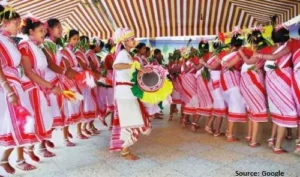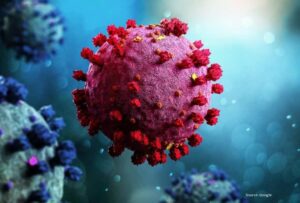World Indigenous Day: Honoring Cultural Diversity and Contributions
World Indigenous Day, observed on August 9, is a global celebration that recognizes and commemorates the exceptional cultures and valuable contributions of indigenous peoples across the globe. These communities constitute roughly 5% of the world’s population but account for 15% of the most impoverished individuals. Moreover, they endure a disproportionate burden of climate change, violence, and prejudice.

World Indigenous Day: Raising Awareness and Celebrating Heritage
World Indigenous Day serves as a platform to both spotlight the challenges faced by indigenous populations and celebrate their unique cultural heritage and traditions. This day also underscores the importance of striving for a fairer and more equitable world for all.
A Historic Origin
World Indigenous Day traces its origins to the United Nations General Assembly’s declaration in 1994. August 9 was designated as the date for this observance, in remembrance of the inaugural meeting of the UN Working Group on Indigenous Populations in 1982.
Illuminating Challenges Confronting Indigenous Peoples
Indigenous communities encounter various hurdles, including:
- Poverty: Indigenous peoples are disproportionately affected by poverty, experiencing incomes well below the national averages in most nations.
- Land Rights: Insecure land rights hamper their ability to safeguard their territories and resources.
- Discrimination: Education, employment, and healthcare opportunities are often unjustly restricted for indigenous individuals.
- Violence: Incidents of violence, such as murder, rape, and assault, disproportionately target indigenous peoples.
- Climate Change: Indigenous communities are particularly susceptible to climate change impacts like droughts, floods, and extreme weather events.
Celebrating Indigenous Contributions
Notwithstanding their challenges, indigenous peoples have made remarkable contributions to the world. They have nurtured distinctive cultures, enriched by profound knowledge and wisdom. Additionally, they have played a pivotal role in environmental protection and sustainable development.
Empowering Indigenous Voices
Some notable contributions include:
- Indigenous Knowledge: Their profound understanding of traditional lands and resources is vital for sustainable development and conservation.
- Indigenous Languages: These languages preserve cultural diversity and are essential for safeguarding indigenous heritage.
- Indigenous Art: A vibrant form of cultural expression, indigenous art holds both artistic and economic significance.
- Indigenous Medicine: Grounded in traditional practices, indigenous medicine effectively addresses various illnesses.
- Indigenous Spirituality: Providing strength and resilience, indigenous spirituality also offers guidance to those outside these communities.
Embrace the Celebration: Ways to Participate
There are numerous ways to partake in the World Indigenous Day celebration:
- Cultural Exploration: Learn about indigenous cultures and traditions, utilizing online and library resources.
- Support Indigenous Enterprises: Back indigenous businesses and organizations to promote economic sustainability.
- Advocate for Rights: Engage in advocacy efforts to uphold the rights of indigenous communities.
- Combat Discrimination: Stand against racism and discrimination aimed at indigenous peoples.
- Acknowledge Contributions: Celebrate the unique contributions indigenous peoples have made to the global community.

Commitment to a Fairer Future
This World Indigenous Day, let us renew our dedication to creating a just and equitable world that benefits everyone. By honoring and learning from the wisdom and resilience of indigenous cultures, we lay the foundation for a brighter future. Collaboratively, we can construct a world that thrives on diversity and inclusivity.




Average Rating